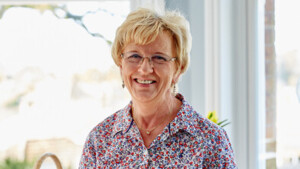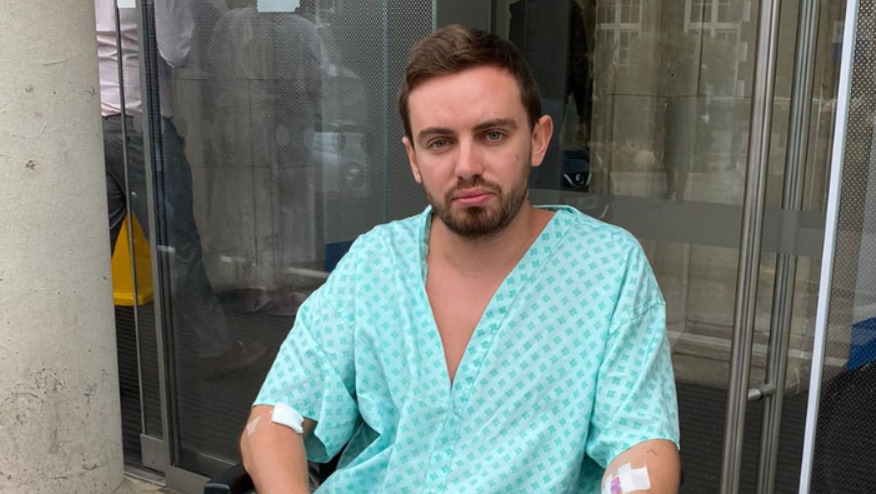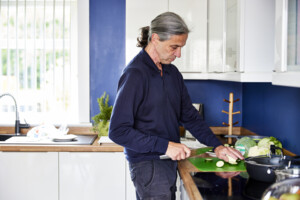Meet Naomi
Naomi was diagnosed with breast cancer in 2010 and then again in 2022.
Naomi shares how living with breast cancer has affected her life and why she set up the charity Chinese Association for Cancer Care (CACACA) to help Chinese cancer patients, especially those who have language barriers.
“Before my 50-year-old birthday in 2010, I was diagnosed with breast cancer (both ER and PR positive) after a routine breast screening.”
I had a mastectomy and had heavy bleeding afterwards which might be caused by Tinzaparin for the prevention of deep vein thrombosis. I was re-admitted for the excision of a haematoma on my left breast.
I got the hormone therapy Tamoxifen. I later noticed on the information sheet that this medicine interacts with my antidepressant Fluoxetine, even though I had told the oncologist and the hospital pharmacy what medicine I was taking.
If it was not for my nursing background, I would have been given Tinzaparin again and taken Fluoxetine and Tamoxifen together. Eventually I decided to stop the hormone therapy as I experienced many side effects.
“In 2022 after a routine breast screening, I was diagnosed with right breast cancer (only ER positive).”
After the second biopsy, the Breast Unit offered a third biopsy using a MRI scan to locate the tumour, but I refused it. As a cancer patient, I preferred to have my operation as soon as possible rather than waiting for the exact location of the tumour.
I agreed with the surgeon’s comment that as my breast was small there is no difference between lumpectomy and mastectomy. Therefore, the exact location of the tumour felt unnecessary. My second mastectomy was carried out in 2022 without any complication.
I was happy to update my cancer experience with my cancer friends, especially to one lady who is having a double mastectomy. She felt relieved and supported after seeing my scars on my chest.When initially hearing of my second breast cancer, some cancer friends were afraid of having a similar experience to me. One month after the operation, I resumed my daily routine and voluntary work, giving my cancer friends a lot of relief.
"Having cancer is a bad experience but I can change it into a blessing in my life."
In 2010, there was no community groups for Chinese and so five Chinese people including my husband and I founded the charity Chinese Association for Cancer (CACACA) to help Chinese cancer patients, especially those who have language barriers.
Some Chinese people feel shame to talk about cancer and any disease related to their sex organs. After my 2010 mastectomy, I wrote a poem which has been spread around the Chinese communities even overseas. Here is an extract.
Cancer is not the final winner!
Cancer invades my organs but cannot invade my soul;
Cancer damages my body but cannot damage my spirit;
Cancer outwears my will but cannot outwear my hope:
Cancer attacks my family but cannot attack my kinship;
Cancer snatches at my social life but cannot snatch at my friendship;
Cancer destroys my tranquillity but cannot destroy my peace;
Cancer suppresses my ability to memorise but cannot suppress my memory;
Cancer reduces my years but cannot reduce my eternal life.
As a whole, cancer is not the final winner!
My conclusion is that talking openly about cancer is the beginning of freeing society from the life sentence of cancer.





